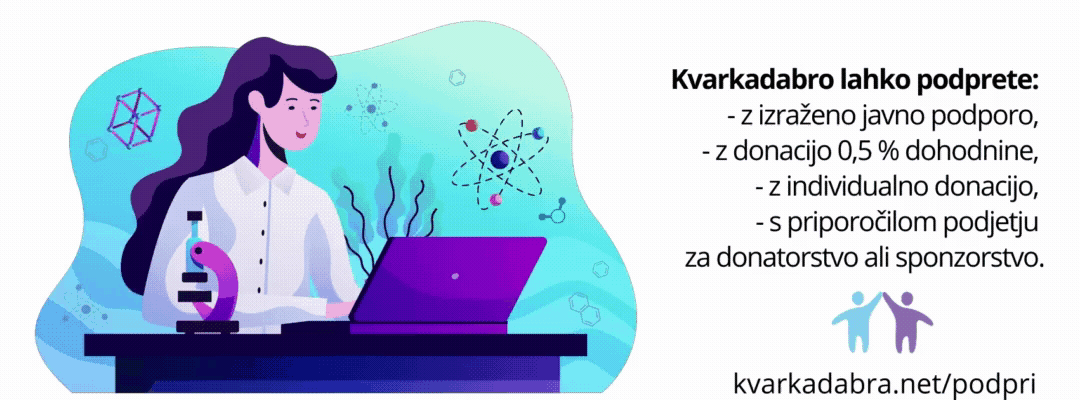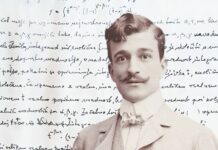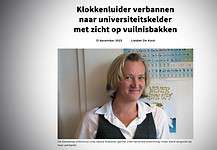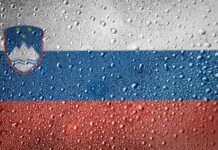V roke mi je prišel doktorat Alenke Stanič s Univerze v Novi Gorici z naslovom Relocation, flow or escape or research potential: The Case of Slovenia after the Act of Independence (doktorat je v angleščini, morda obstaja tudi javna slovenska verzija?), v katerem je avtorica opravila intervjuje z deset slovenskimi raziskovalci – emigranti.
In terms of completed doctoral studies, the sample could be divided up as follows: four in biology, three in physics, and one in mathematics, computer studies, and law. All informants attended non-vocational high schools (gymnasium), and it is worth noting that six of them attended the in the Bežigrad high school, two in the international baccalaureate program, the others in the general program.
Most of the informants were men, only one being a woman. As far as family status is concerned, all informants had partners, and half also had children.
Zame najbolj pester del doktorata predstavljajo ravno izjave emigrantov. Govorijo o marsičem, o situaciji v Sloveniji, tujini pa tudi o življenju znanstvenika na splošno. Intervjuji so anonimni, tako da verjetno dobimo precej zvesto sliko njihovega notranjega razmišljanja. Za pokušino nekaj izsekov
And then you have to decide whether you’re a physicist or a Slovenian. I think I would rather on some level be a physicist and contribute to the international world of physics. (the self-made man)
And now, why did I emigrate, I really don’t know, I just took the natural path. I never reflected about it, there was only one natural path. I never wanted, I never imagined I would live in a foreign country. Or, that I said, aha, that’s my goal. My goal was only ever to work well and honestly. (the fast-talker)
In o poskusih povratka
Already as an assistant professor at a foreign university, I first asked for habilitation at Ljubljana University and I remember that were three eminent people in the commission – one of them still occupies a high position, a very high position in the Slovenian scientific system – and they wrote that I didn’t have the proper credentials because I didn’t have pedagogical experience teaching in the Slovenian language. (the fisherman)
When I got my PhD, I was willing to come back. Great, I thought at that time, somebody will write to me, someone will invite me. Because in Europe, the very best institutes that I approached wanted to snap me up right away. My current boss, he had won the Nobel the year before, was constantly telling me how lucky he was to get me. And really, I was great at that time. I was lucky that everything had gone my way, I had developed three methods that had enormous potential and I had no trouble producing excellent articles. I didn’t even have to try that hard. I was young, inexpensive, full of energy. I wanted to go back to Slovenia if one of the better-known institutes would hire me, but I asked around and I heard that there was no room. (the artist)
In o pedagoških obveznostih
I like to teach. I also taught at Cambridge in the autumn, which means I had at Cambridge some 16 hours altogether. That’s ideal for me, to teach 16 hours each semester, not like it is here in Slovenia, 60 hours or something like that. (the artist)
Yes, as far as teaching is concerned, when I came to Maribor, the pedagogical duties were significant. I had over 300 hours of physiological exercises with medical students, which means that they basically took three months of research work, during which I only taught. For a researcher at the beginning of his career, this is absolutely too much. In Slovenia, much too much time is dedicated to teaching in work positions that are supposed to be research positions, whereas outside of Slovenia it is a maximum of 20%. Both are important. There cannot be one without the other, but it is research work that brings new knowledge, contributes to the richness of the pedagogical effort, and these two elements have to be in balance, I think. (the photographer)
And that’s the education system. We have undergraduate teachers, instructors, who teach three, four subjects a semester. I teach only one. I lecture two times for an hour and fifteen minutes each weak and that’s considered a lot. And let’s say I lecture only graduate students. In this subject, I had 75 students, in the other we’ll see, but there’ll be about 70 for sure. So the system there is that, say, you have older professors, and you come to them and you ask to teach a new course, and they say: you’re young, you have energy, go for it! (the fast-talker)
In o birokraciji
I’ll just say that my employment contract was, I don’t now, four pages long, written in completely normal readable English and that it contained everything I would need to know for the next five years. That’s that. (the self- made man)
Let’s say, also now with the standard deal that you have for Assistant Professor, now there’s a kind of contract, let’s say, I mean I didn’t sign a contract. I was with the department head, and we just edited this letter in Word, a text like ten centimeters long, I signed it and that was all that I ever signed, no contract. Nothing. I’m there seven years now. After seven years, they ask for letter of recommendation. They just give a list to some people and then write these letters and they have to range these people and I’m one of those people and if I get a ranking of one or two, then I’ll become a professor, if not, I just have to pack my things and leave. That’s the whole deal. (the fast-talker)
In o tem kako bi lahko privabili dobre ljudi v Slovenijo
But this is what I wanted to say: you need a kind of totally non-linear effect either in terms of financial resources, or something, freedom! Personal freedom means so much to academics. Everyone is willing to sacrifice money to do what they want. So that you’re free from bureaucracy. You know what they say, how to steal a good professor from Harvard. You can never pay him as much as Harvard can, because they have thirty billion dollars in a chest. But what you can say is this: okay, you come here, you will be pay 30% of what you get there, but we will finance six doctoral positions, you won’t have to apply for any grants. That’s how Max Planck gets people from America. They get them by disencumbering them of the endless bureaucracy of applying for grants that is inherent to the American system.
(the self-made man)
V doktoratu je še polno podobnih vpogledov, res vredno branja.
















Odlično napisan doktorat in izredno zanimive misli sodelujočih.
Mogoče kdo ve, kdo je tisti eminentnež, ki je fishermanu preprečil habilitacijo? Mora biti biokemik.
Danes je v Delu intervju z avtorico doktorata: Tudi v laboratoriju se splača zaposliti ministrovega sorodnika – Lenart J. Kučić, Sobotna priloga